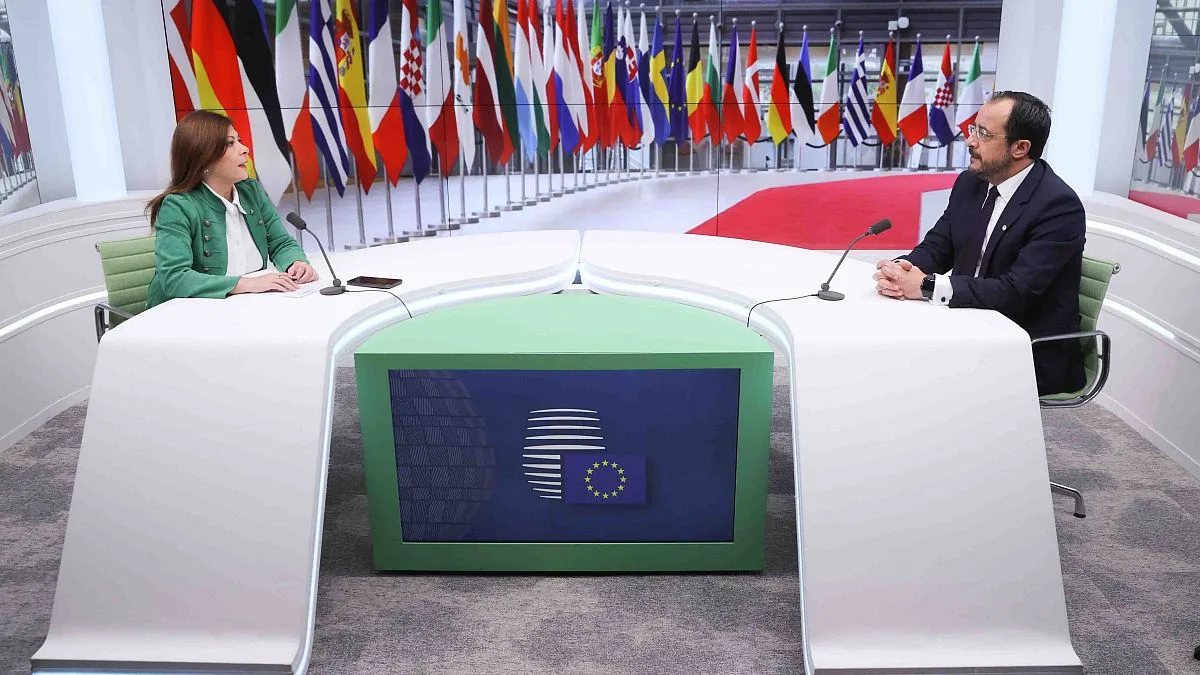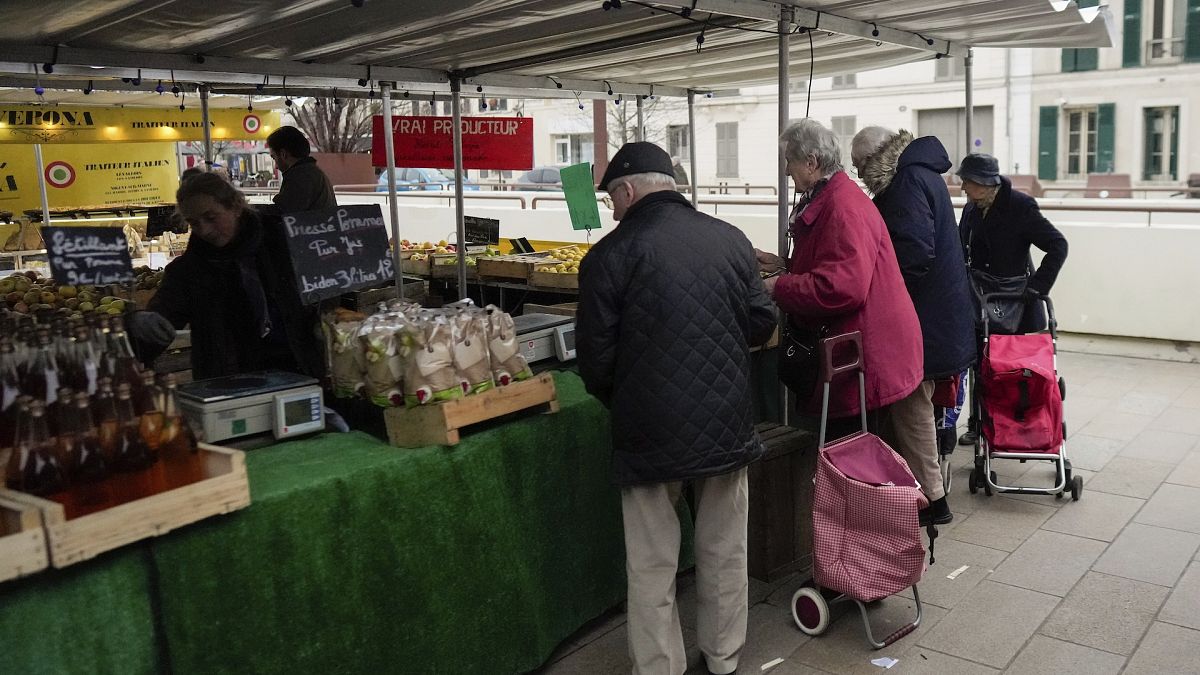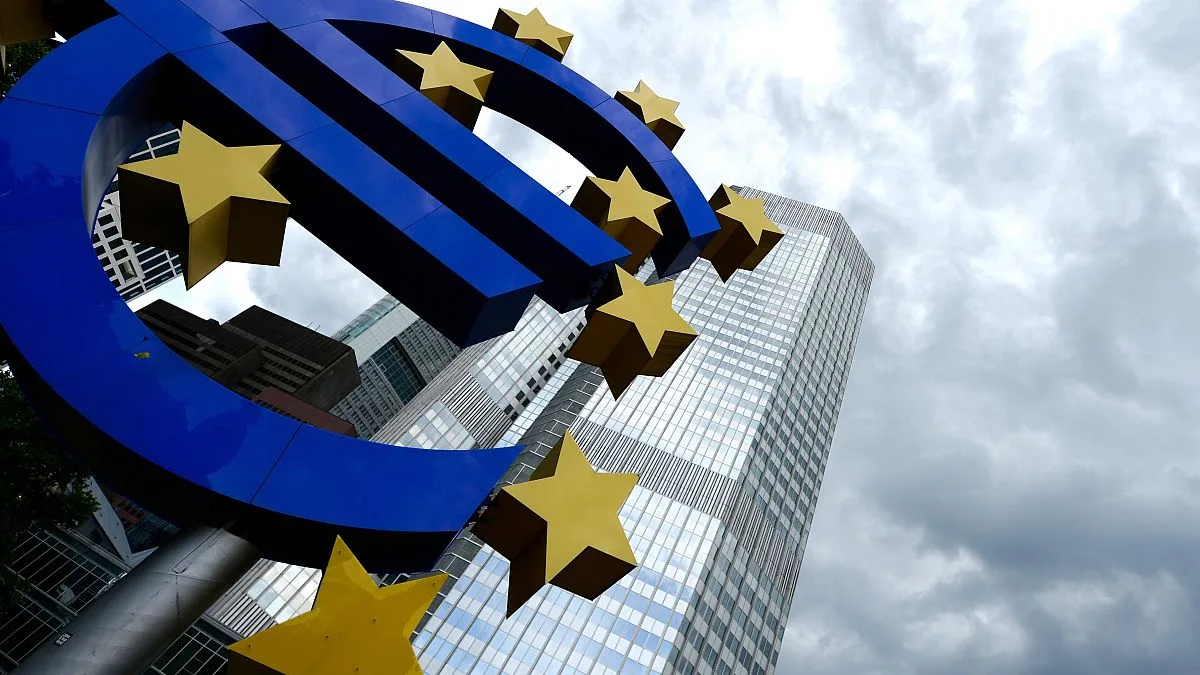Cypriot President Nicos Christodoulides is advocating for an increase in migration agreements with third countries, with a particular focus on improving relations with Syria. He emphasizes the importance of investing in infrastructure to facilitate the safe return of refugees from Syria.
In a recent interview, President Christodoulides underscored the need for strategic partnerships to effectively tackle migration challenges. He highlighted the success of the European Union’s agreement with Lebanon, which has resulted in economic aid for Beirut in exchange for cooperation in managing illegal immigration to Europe.
“We are open to exploring various solutions, including establishing return hubs,” Christodoulides stated. “We are looking to think outside the box while remaining within the bounds of international humanitarian law.”
Moreover, the president emphasized the importance of collaboration with the UNHCR to ensure that all actions taken by the Cypriot government align with international standards and legitimacy.
Cyprus is among the first EU nations advocating for normalized relations with Syria, aiming to facilitate the return of migrants who have fled the ongoing crisis. Since the onset of the Syrian civil war in 2011, numerous refugees have sought refuge in Lebanon before attempting to reach Cyprus, which is located nearby.
However, President Christodoulides has set certain prerequisites for these discussions. “My focus is not on the Assad regime, but addressing the potential for safe returns of Syrian nationals,” he explained. “For people to return, essential infrastructure like hospitals, schools, and roads must be in place. Without these, a return is not feasible.”
Reinitiating Dialogue with Turkish Authorities
Additionally, President Christodoulides spoke to the media shortly after a trilateral meeting with UN Secretary-General António Guterres and Turkish Cypriot leader Ersin Tatar. The objective of this meeting was to restart negotiations regarding Cyprus, seven years after talks in Crans-Montana ended without a consensus on peace and reunification.
He noted, “A non-functioning state internally can create challenges externally, particularly concerning our relationship with Brussels.” Emphasizing the significance of the Cyprus issue, he stated that resolving it is crucial not only for Cyprus but also for the broader EU agenda.
Christodoulides also hinted that advancing talks could serve the mutual interests of Cyprus and the EU, remarking, “A unified EU position advocates for progress in Euro-Turkish relations, which can only be achieved by addressing the Cyprus situation.” The island has been divided since Turkey’s military intervention in 1974, following a coup d’état.
Photo credit & article inspired by: Euronews



